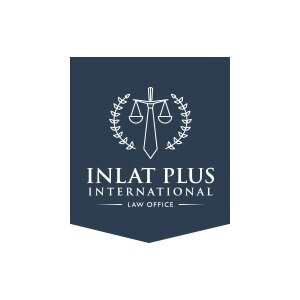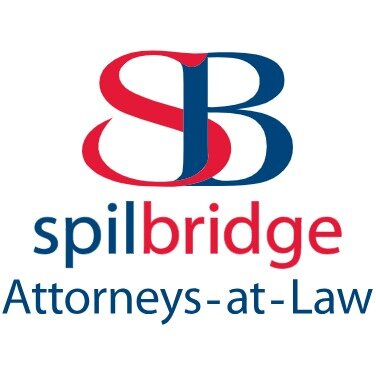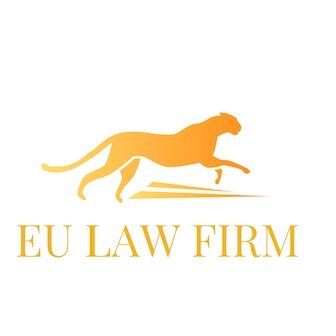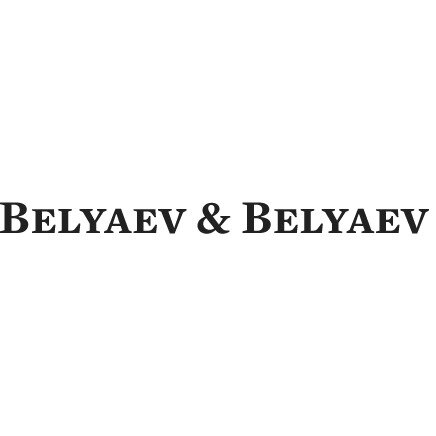Best Public-Private Partnerships (PPP) Lawyers in Latvia
Share your needs with us, get contacted by law firms.
Free. Takes 2 min.
Or refine your search by selecting a city:
List of the best lawyers in Latvia
About Public-Private Partnerships (PPP) Law in Latvia
Public-Private Partnerships (PPP) are collaborative arrangements where public authorities and private sector companies work together to deliver public infrastructure or services. In Latvia, PPPs have become an important tool for developing roads, schools, hospitals, utilities, and other essential projects. The legal environment for PPPs in Latvia is designed to ensure transparency, fair competition, and balanced risk sharing between the public and private sectors. Latvia’s laws aim to attract investment, promote innovation, and provide high-quality public services through effective partnerships.
Why You May Need a Lawyer
PPPs often involve large-scale projects, complex contracts, and significant financial commitments. Legal advice can be crucial in navigating procurement procedures, contract negotiations, risk allocation, and compliance with Latvian and European Union regulations. Common situations where legal help is essential include drafting or reviewing PPP project agreements, participating in public procurement tenders, addressing disputes between partners, ensuring regulatory compliance, and protecting your legal and financial interests throughout the partnership lifecycle.
Local Laws Overview
The legal framework governing PPPs in Latvia is primarily established by the Public-Private Partnership Law, the Public Procurement Law, and other relevant sectoral regulations. Key aspects include:
- Clear definitions of PPP types, structures, and permitted sectors
- Rules on public procurement and competitive tendering processes
- Procedures for project initiation, selection, and approval
- Guidelines for risk allocation and responsibility sharing
- Requirements for transparency, accountability, and conflict of interest prevention
- Contractual frameworks allowing flexibility in drafting agreements that meet both parties’ goals
- Oversight mechanisms for monitoring project implementation and performance
- Dispute resolution options, including negotiation, mediation, arbitration, and court proceedings
Frequently Asked Questions
What is a Public-Private Partnership (PPP) in Latvia?
A PPP is a legally binding agreement between a public authority and a private partner, where the private entity participates in financing, development, maintenance, or operation of public infrastructure or services.
Which types of projects can be implemented through PPPs?
PPPs in Latvia can be used for various sectors such as transportation infrastructure, energy, healthcare, education facilities, water supply, waste management, and other public service projects.
What laws regulate PPPs in Latvia?
The main legal instruments are the Public-Private Partnership Law and the Public Procurement Law, complemented by sector-specific legislation and European Union directives.
How are private partners selected for PPP projects?
Private partners are usually chosen through competitive public procurement procedures to ensure transparency, equal treatment, and the best value for money.
What are the typical risks associated with PPPs and how are they managed?
Risks such as financial, construction, operational, and demand risks are identified and allocated between public and private partners in the PPP agreement, often with legal assistance to ensure fair terms.
Can foreign companies participate in PPPs in Latvia?
Yes. Foreign companies can participate in Latvian PPP projects, provided they meet the eligibility requirements and comply with local laws and procedures.
How long do PPP contracts usually last?
PPP contracts typically range from 5 to 30 years, depending on the project's scope, financing requirements, and sector.
What happens if a dispute arises in a PPP project?
Disputes may be resolved through negotiation, mediation, arbitration, or litigation, as specified in the PPP contract and in accordance with Latvian law.
Do PPP projects require government approval?
Yes. PPP projects must be evaluated and approved by the relevant public authority, with oversight from the Cabinet of Ministers for projects exceeding certain financial thresholds.
What are common challenges in Latvian PPP projects?
Common challenges include complex legal documentation, risk assessment, obtaining financing, regulatory changes, and coordinating public and private sector expectations.
Additional Resources
People seeking legal advice or more information on PPPs in Latvia can refer to the following:
- Ministry of Finance of the Republic of Latvia - Responsible for PPP policy coordination and guidance
- Public Procurement Monitoring Bureau (IUB) - Oversees public procurement and PPP tendering procedures
- Cabinet of Ministers - Issues regulations and approvals for major PPP projects
- Latvian Chamber of Commerce and Industry - Provides support for businesses interested in PPP participation
- Legal and consulting firms specializing in infrastructure, public procurement, and project finance
Next Steps
If you are considering participating in a PPP project, or if you are a public authority planning to launch a PPP, seeking qualified legal advice early in the process is highly recommended. A legal professional can help assess your eligibility, review project documentation, guide you through procurement procedures, identify and allocate risks, and ensure full compliance with Latvian and European regulations. Start by researching reputable law firms or independent lawyers with experience in PPP matters. Prepare relevant documents such as project plans, previous correspondence, and draft contracts before your consultation to make the process more efficient. Early legal involvement can help prevent costly mistakes, streamline negotiations, and set the foundation for a successful and sustainable partnership.
Lawzana helps you find the best lawyers and law firms in Latvia through a curated and pre-screened list of qualified legal professionals. Our platform offers rankings and detailed profiles of attorneys and law firms, allowing you to compare based on practice areas, including Public-Private Partnerships (PPP), experience, and client feedback.
Each profile includes a description of the firm's areas of practice, client reviews, team members and partners, year of establishment, spoken languages, office locations, contact information, social media presence, and any published articles or resources. Most firms on our platform speak English and are experienced in both local and international legal matters.
Get a quote from top-rated law firms in Latvia — quickly, securely, and without unnecessary hassle.
Disclaimer:
The information provided on this page is for general informational purposes only and does not constitute legal advice. While we strive to ensure the accuracy and relevance of the content, legal information may change over time, and interpretations of the law can vary. You should always consult with a qualified legal professional for advice specific to your situation.
We disclaim all liability for actions taken or not taken based on the content of this page. If you believe any information is incorrect or outdated, please contact us, and we will review and update it where appropriate.
Browse public-private partnerships (ppp) law firms by city in Latvia
Refine your search by selecting a city.
















